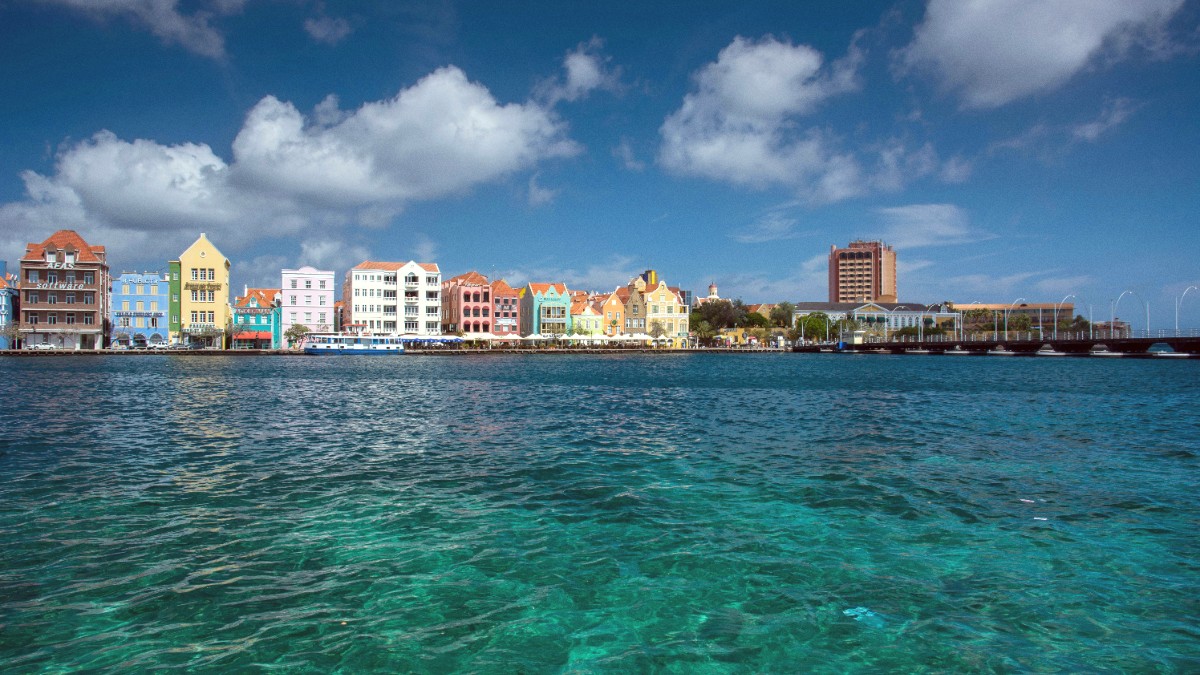
Curacao, Aruba Bonaire And Curacao
Curacao features several protected areas, like Christoffel National Park and Shete Boka National Park, which safeguard unique flora, fauna, and sea turtle nesting sites. Support these initiatives by respecting park rules and contributing to entrance fees.
Curacao faces challenges with waste management infrastructure. Minimize waste by reducing consumption, avoiding single-use plastics, and disposing of trash responsibly. Carry a reusable water bottle and shopping bag.
As a desert island, Curacao relies on energy-intensive desalinated seawater. Conserving water during your stay is important. Take shorter showers, reuse towels, and report any leaks to your accommodation. Water is a valuable resource.
Your choices as a traveler directly influence Willemstad's local economy. Contribute positively by supporting local businesses and fair practices.
The restoration of historic buildings in Willemstad, an UNESCO World Heritage Site, is an important cultural preservation effort. Local organizations work to preserve the Papiamentu language, traditional music (like Tumba), dance, and traditional arts and crafts.
Be respectful of local customs and traditions. Greet locals with "Bon dia" or "Danki". Be mindful of cultural differences and adapt to the island's relaxed pace. Avoid aggressive bargaining in shops where prices are fixed.
Always ask for permission before photographing individuals, specifically children. Some people might prefer not to be photographed. Be discreet when taking photos in religious sites or private homes. Do not intrude on local life for a photo, and mind people's privacy.
Dress modestly (shoulders and knees covered) when visiting churches or the Mikvé Israel-Emanuel Synagogue. Remain quiet and respectful during services or prayer times. Follow any posted guidelines concerning photography or conduct within these sacred spaces.
Seek out and support community-based tourism. This involves staying in locally owned guesthouses, hiring local guides, and participating in tours that directly benefit local communities.
Search for locally made or fair trade labeled products. This confirms artisans and producers receive fair compensation. Be careful with mass-produced souvenirs that do not directly local artisans.
Your choices as a traveler directly influence Willemstad's local economy. Contribute positively by supporting local businesses and fair practices.
Dine at local Krioyo restaurants and "snèks" rather than only international chains or resorts. Purchase groceries from local supermarkets. Use local taxi drivers or small tour operators. These choices put money directly into the hands of local residents and small business owners, strengthening the local economy.
Avoid activities that exploit animals, like irresponsible dolphin interactions or interactions with distressed captive animals. Be aware of child protection guidelines and report any suspicious activity. Research tour operators to confirm they uphold ethical standards regarding animal welfare and local employment practices.
If you wish to donate, research local charities or community projects rather than giving money directly to individuals. This confirms your contribution makes a sustainable and structured impact on the community. Inquire with reputable local organizations about their needs and how you can support them.
When booking your stay, look for accommodations that have environmental certifications or show sustainable practices. These might include water recycling, solar power, energy-efficient appliances, or sourcing local produce. Choose tour operators that promote responsible tourism, like dive shops that protect reefs.
Your travel choices directly shape the local economy. Opt for establishments that prioritize local sourcing and employment, which circulates money within the community.
Dining at Krioyo restaurants and 'snèks' supports local families directly, offering authentic experiences.
Hiring local taxi drivers and small tour operators keeps tourism revenue within the local community.
Supporting local businesses, engaging with community initiatives, and making ethical choices contributes positively to Curacao's economy and its people.
Sustainable choices involve being mindful of environmental resources and your consumption habits.
Curacao has limited waste management infrastructure. Reduce consumption and avoid single-use plastics. Dispose of trash responsibly in designated bins. Consider carrying a reusable water bottle and shopping bag to lessen your footprint.
Curacao relies on desalinated water, an energy-intensive process. Conserve water by taking shorter showers and reusing towels. Report leaks. Choose accommodations with energy-efficient systems or solar power. Your awareness supports island resources.
Consider ways to lessen your carbon footprint, especially related to transportation. Options include choosing direct flights, utilizing public transport when possible, and offsetting flight emissions through certified international programs. Every choice makes a difference.
Support tour operators that prioritize environmental protection and local communities. This includes dive shops committed to reef preservation and tours that minimize ecological disturbance. Ethical choices ensure your visit contributes positively.
Being aware of your local impact extends to supporting local businesses and cultural preservation. Your choices can strengthen the local economy and respect the island's heritage.
Prioritize local restaurants, shops, and service providers. This directly channels funds into the community.
Engage with local culture respectfully, whether it's through language, traditions, or historical sites.
Opt for experiences that authentically represent Curacao, supporting local artists and craftsmen.
Single-use plastics pose an environmental burden. Minimize their use to reduce island waste and pollution. Consider reusable alternatives.
Your choices contribute to Curacao's well-being for future generations.